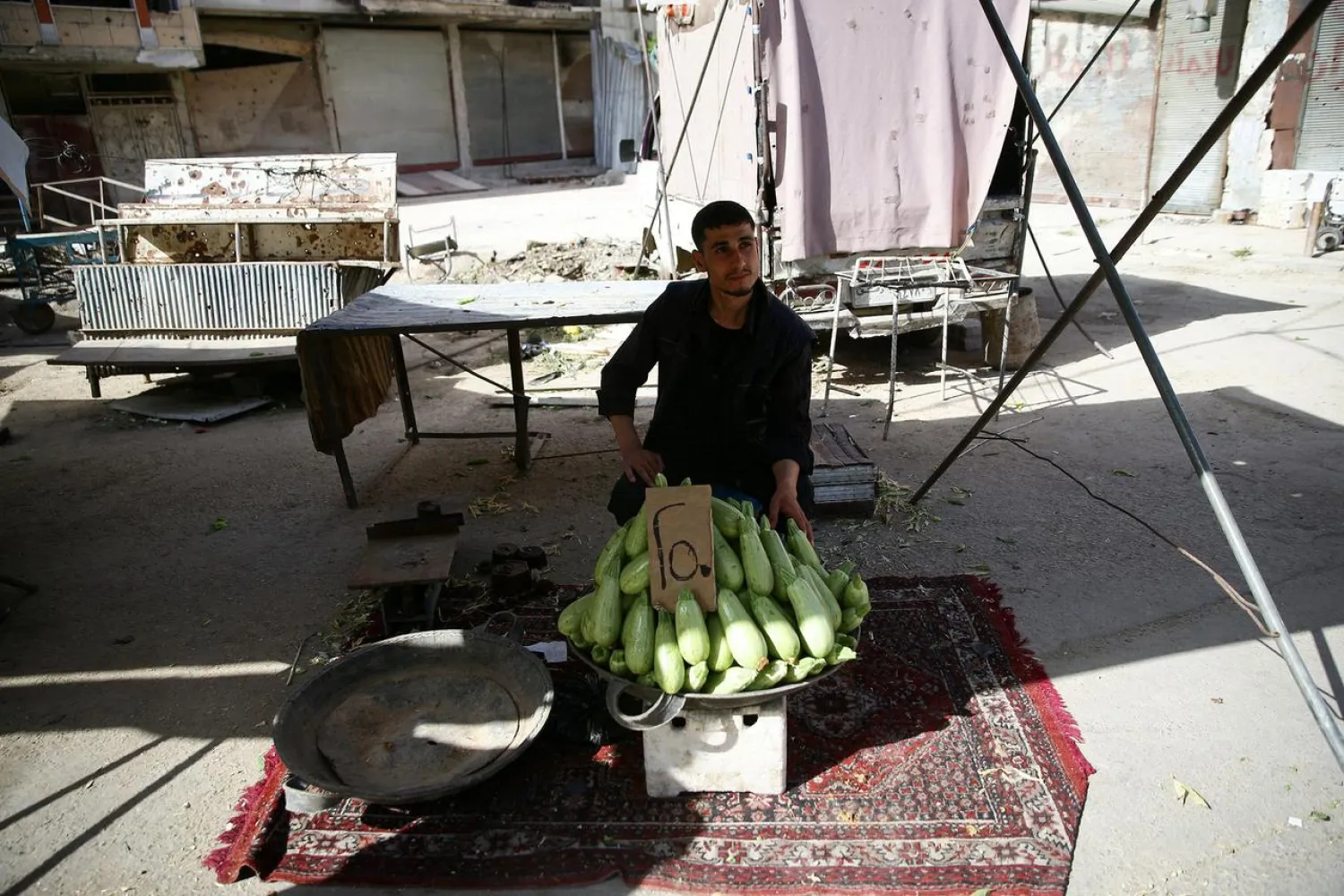Syria’s Minister of Religious Endowments (Awqaf) Mohammad Abdul-Sattar al-Sayyed launched a campaign to confront the rising price of food and consumer goods, prompted by a sharp devaluation of the Syrian pound in the black market.
The minister launched the efforts days after regime leader Bashar Assad met with a delegation of preachers from the Ministry of Religious Endowments.
On Friday, mosque preachers were heard calling on merchants and businessmen to contribute to this campaign, and explained about the need and the importance of social solidarity and charity with the poor.
In Tartus, Sayyed said Assad demanded that the ministry focus on fighting corruption and on facing the rising prices and the economic war on Syria.
The economy has been suffering from an increase in prices of food and consumer goods since the eruption of the Syrian conflict in 2011.
The Syrian pound reached its lowest rate against the US dollar in the black market, after being sold at around 1,000 for one dollar last month before stabilizing at 850.
The official rate has remained stable at 434.
Meanwhile, the prices of food continued to increase as the regime failed to impose measures to stabilize the value of the currency and curb inflation.
The Ministry of Supply and Internal Trading had launched a campaign to monitor the prices of food items and to impose fines on shop owners who are not abiding by the fixed prices.
This campaign led to the closure of dozens of shops across the country, further paralyzing the markets.
As the prices of food and other commodities rise, the crash of the pound could throw more Syrians into poverty.
According to the UN, eight out of 10 Syrians live below the poverty line, making less than $100 a month.









